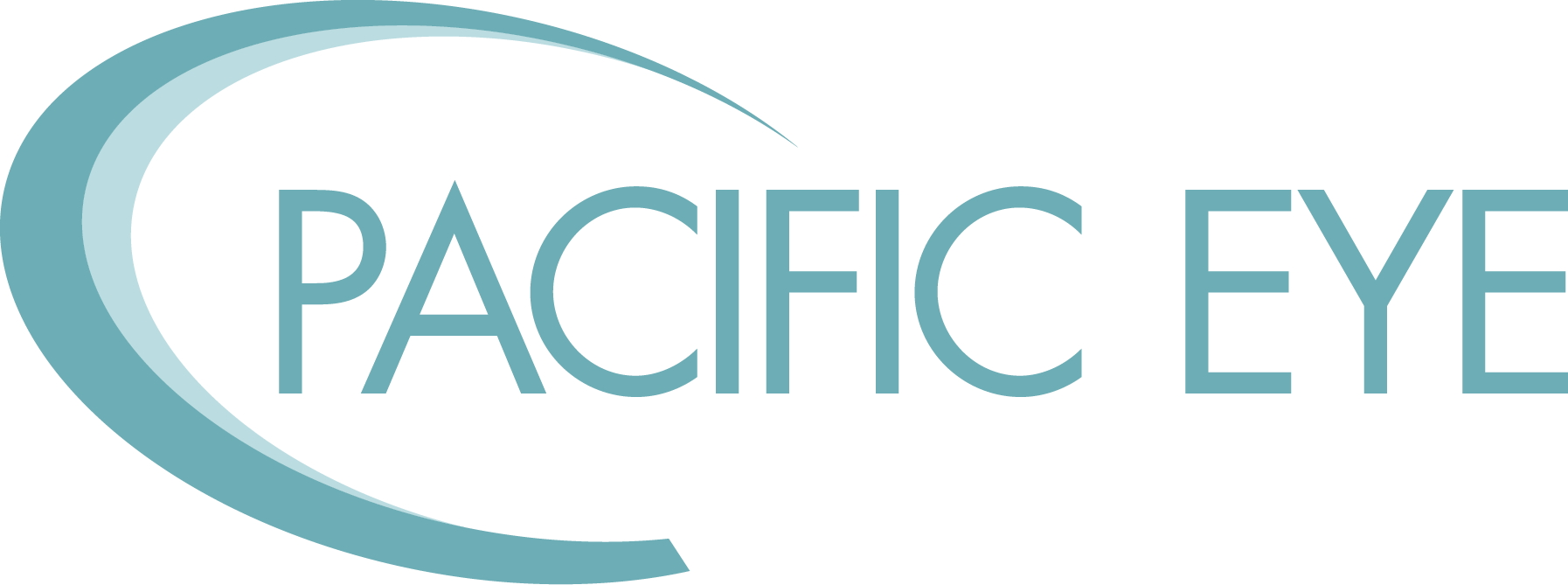When it comes to the health of our eyes, most of us are familiar with the basic rules that we’ve heard since we were young:
- Wear sun protection/avoid direct sunlight.
- Eat a balanced and nutrient dense diet.
- Keep routine eye appointments with your eye care professional.
Though all of these are important for keeping your eyes healthy, research in the medical field is revealing some new facts about the health of our eyes, namely in the role of supplementing antioxidants to prevent eye disease.
Lutein and Zeaxanthin
Two nutrients in particular have been making waves in the eye health world: lutein and zeaxanthin. These pigments are found naturally in our eye tissue, located primarily in the retina and macula. These sensitive tissues are responsible for the majority of our vision and are very susceptible to ultraviolet light and blue light waves that are believed to contribute to macular degeneration.
Recent research shows that supplementing lutein and zeaxanthin may have a protective benefit for these delicate eye tissues. Blue light waves are a particular concern for eye health professionals these days, as many of the computers and digital devices we use give off these harmful wavelengths of light. Additionally, there are special lens treatments that can be added to prescription eyeglass lenses to block the harmful blue light waves. Preventative supplements and protective lenses are becoming a common recommendation during eye health exams as the effects of these harmful light waves become understood.
Unfortunately, these healthful nutrients are difficult to find from food sources and usually must be supplemented with special vitamins that contain nutrient concentrations matching those found in the eye tissue. Leafy green vegetables contain small amounts of these nutrients but not in large enough quantities to provide the same benefits as supplementation. As we age, we become more vulnerable to various eye diseases, making preventative nutrition through antioxidant supplements an important part of keeping our eyes healthy.







